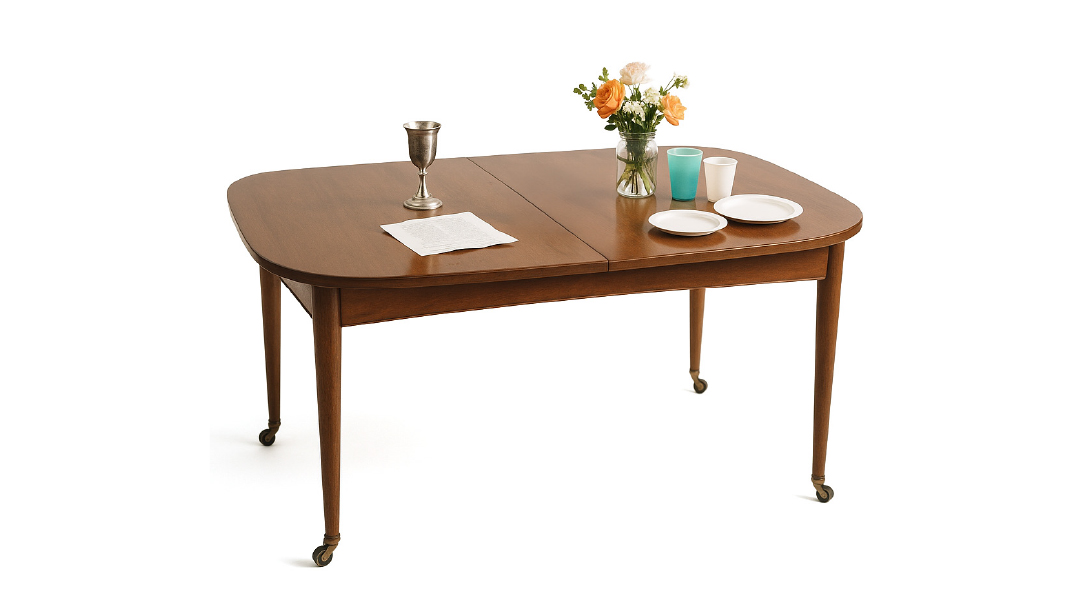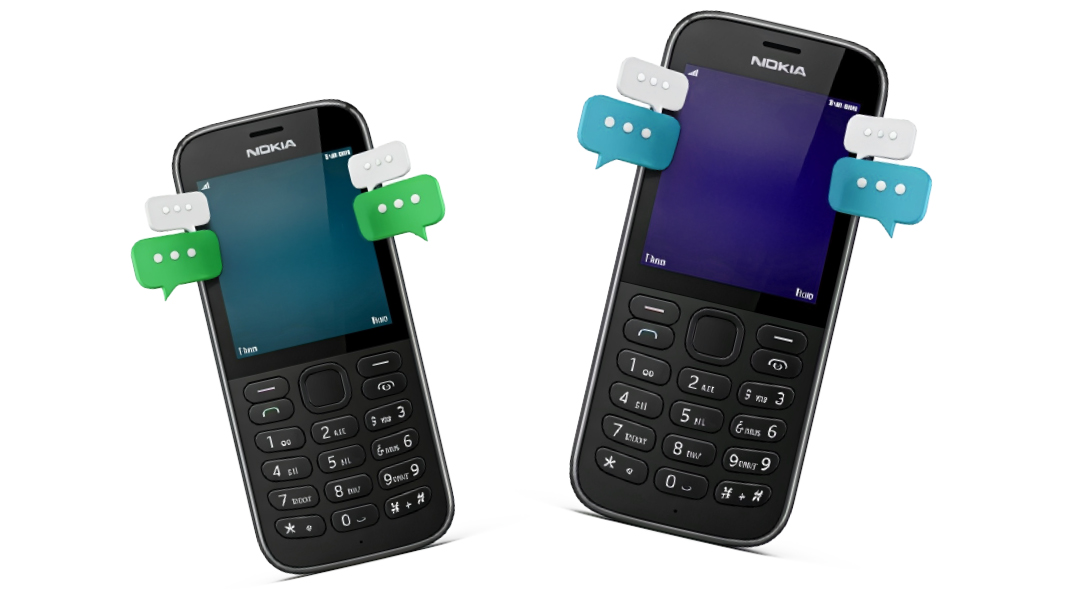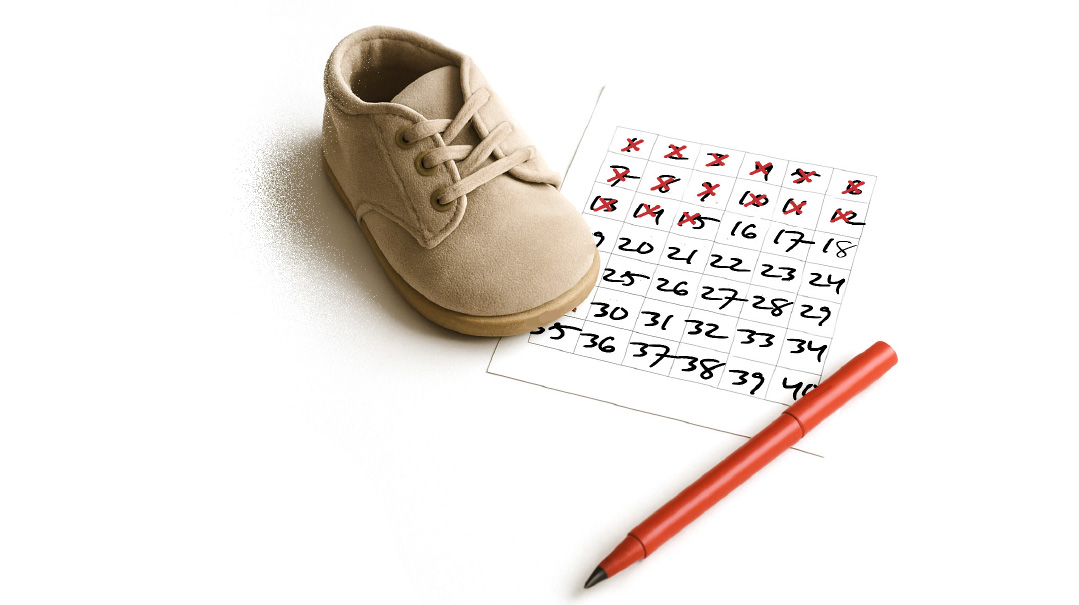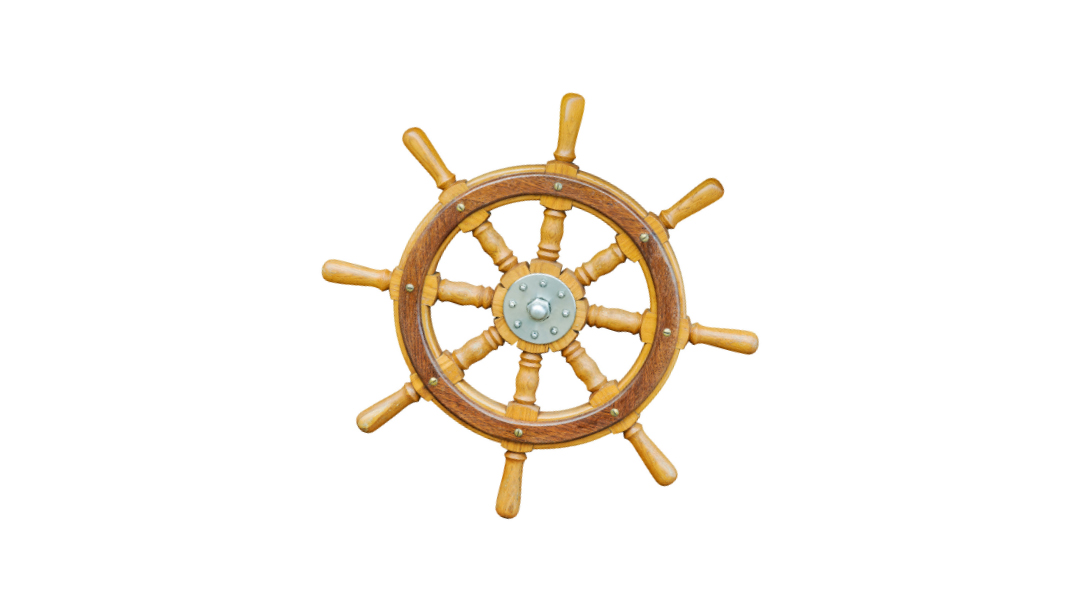Remembering the Mommy of Maalot Dafna

She was now Chedva, my amazing friend. Also my therapist, confidante, advisor, mentor, technician, plumber, and doctor
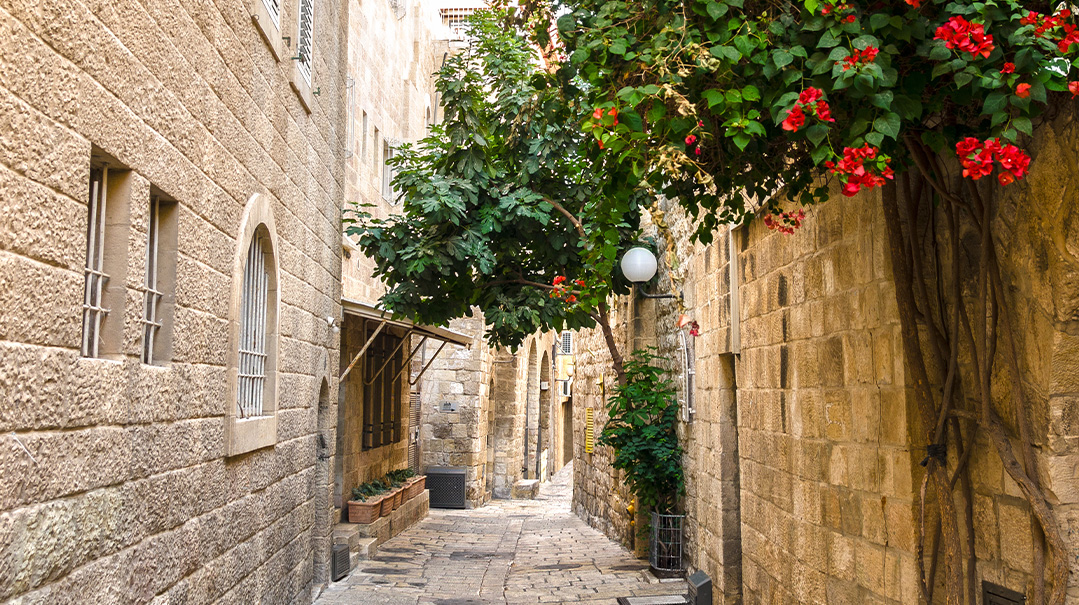
IT
was one of those weeks where I’d heard too much. Too many people needed me, too many voices played in my head when I would finally get to sleep. I know, voices in the head are not a good sign, but these weren’t hallucinations, just snippets of conversations I’d had throughout the day. These voices had faces and names, and they all held heavy bags that they wanted help shouldering. But it was all too much. I wanted to create capsules, reminiscent of Covid days, and stay within mine until everyone else’s concerns had solutions. Solutions that I was not involved in.
Then I turned my oven on and the fuse blew, and as I do so often these days, I thought of Chedva.
We called her the Mommy of Maalot Dafna. It was a joke, but it wasn’t.
I first met Chedva the day after we moved to Eretz Yisrael. I was standing in the hallway with my husband, trying to figure out which electric box was ours, when a sprightly woman danced by, a gaggle of little blonde girls holding onto her skirt.
“Hi, how are you? What’s your names? Your box is up there, to the right. Do you need anything?” We stammered our thanks. She laughed and waved a hand, and that was our first time experiencing something that all members of Maalot Dafna grew to learn in time: Chedva Raskin had all the answers.
She didn’t let us call her Mrs. Raskin, said it made her feel old. Years later, while sitting on my porch, schmoozing, I laughed that I had once wanted to use that formal title. She was now Chedva, my amazing friend. Also my therapist, confidante, advisor, mentor, technician, plumber, and doctor.
And not just for me. She had room, in her heart, her world, for every single person who needed her. She welcomed them and their baggage. And she never ceased to surprise us with the breadth and width of the things she knew, although honestly, the biggest surprise was seeing her in a sheitel that first Shabbos — I had no idea she was blonde! Although I should have guessed from her brood of golden girls.
Chedva had firm opinions, and while she didn’t preach, she also didn’t sit quietly if she didn’t agree with you. She had high expectations for people, she believed everyone was equally capable of making good decisions, and more often than not, she was proven correct.
An EMT, she was the first address for scrapes, cuts, bruises, choking babies, midnight fevers, wheezes, and sore throats. She was the one you ran to if your child was sent home from school because of a lice outbreak, and she was the one you called when you felt too dehydrated to knock on her door.
She wasn’t a morah or a rebbetzin, yet she somehow influenced the lives of hundreds of families living in Maalot Dafna. I can’t even explain what it was. Maybe it was her belief in us? Maybe the credit she offered for choosing an elevated, if more technically difficult, life in artzeinu hakedoshah? She’d speak, almost in passing, about how she’d lived here for more than 20 years, and how lucky we were to be here, too. Or maybe it was just the example she lived, the youthful exuberance she sparkled with, the way she laughed and smiled throughout every conversation, and how she always, always put her husband and kids first, no matter what.
She did it all: killed the bugs, flipped the fuses, lent countless cups of sugar and oil, watched our kids, served macaroni, joined in our simchahs. She was there for chizuk, for heart-to-hearts, for advice. You shared with her, and she shared back, keeping the footing even, even though we all knew it wasn’t.
She was just so good, so straight, so clear-sighted. You couldn’t bog her down with gashmiyus, lashon hara, or negativity.
I told her she could never move because we needed to be neighbors, always.
But this is Olam Hazeh, where nothing is forever. And on Rosh Hashanah, one year ago, Chedva returned her beautiful neshamah to the Ribbono shel Olam.
You could say she fought for three years, but that would be an understatement. Battled is more like it. “I’m sorry I didn’t call you back,” she’d whisper, too weak to speak up. She’d apologize for not coming to simchahs, not being able to advise as usual. She never thought of herself; on her tremendously long to-do lists, self-care didn’t appear even once.
And then when she had rare flashes of strength, she’d use them to the maximum: to take her little girls to gan. To go to Megillah, a kiddush, a bris.
Her eldest got married toward the end of the Covid craze, and Chedva’s parents and sisters couldn’t make it in.
I’ll never forget how she slung an arm around me and our other neighbor and said, “At least I have these sisters here.”
And she then proceeded to dance up a storm.
That’s how I’ll remember her: gorgeous, glowing, laughing, no self-pity whatsoever.
They say Yerushalayim sits alone, abandoned, waiting for those who had to leave it behind to come back.
Chedva, you left behind those of us in Maalot Dafna. We’re waiting for you, right here, in your favorite place on earth.
(Originally featured in Family First, Issue 860)
Oops! We could not locate your form.

